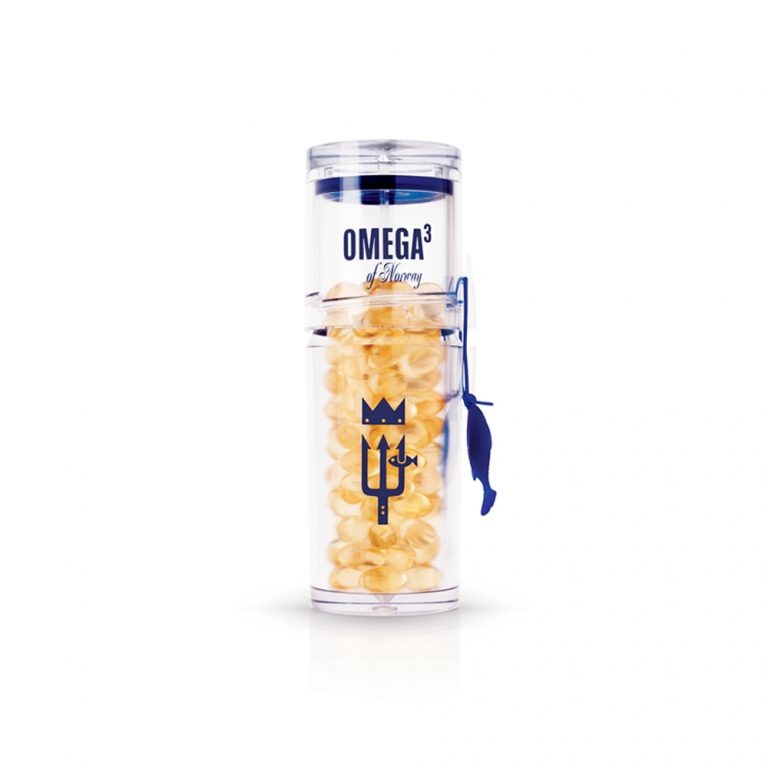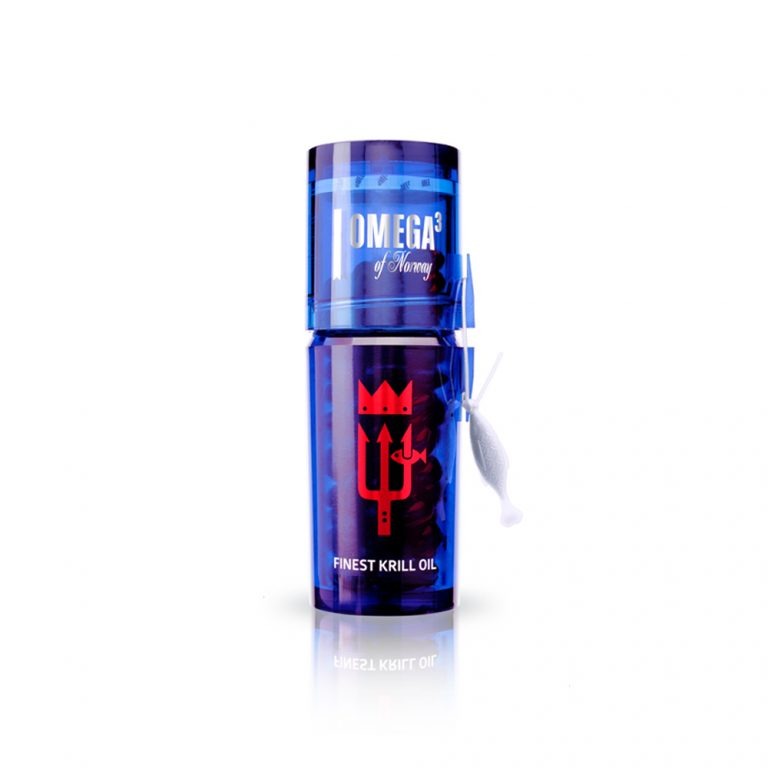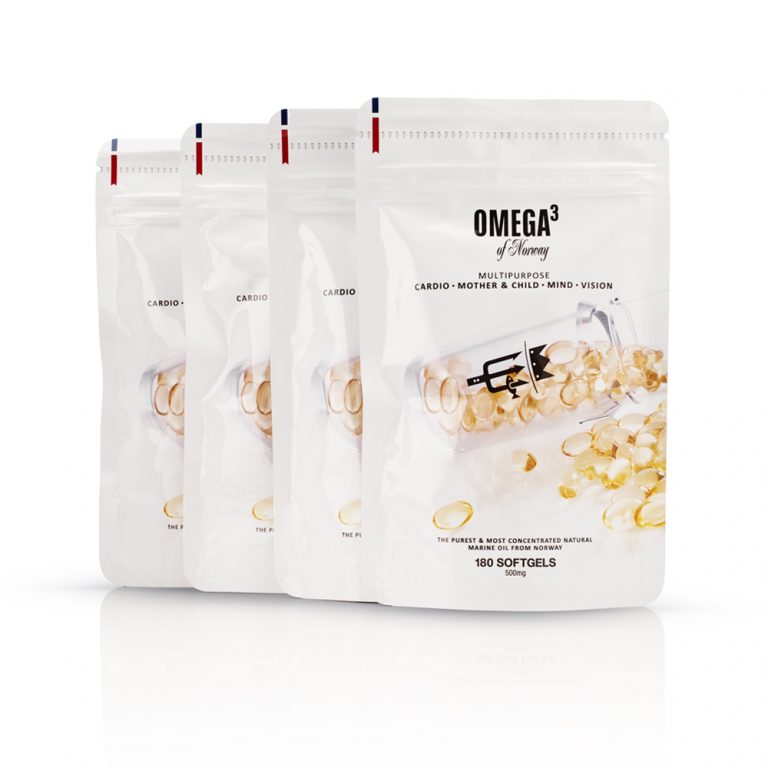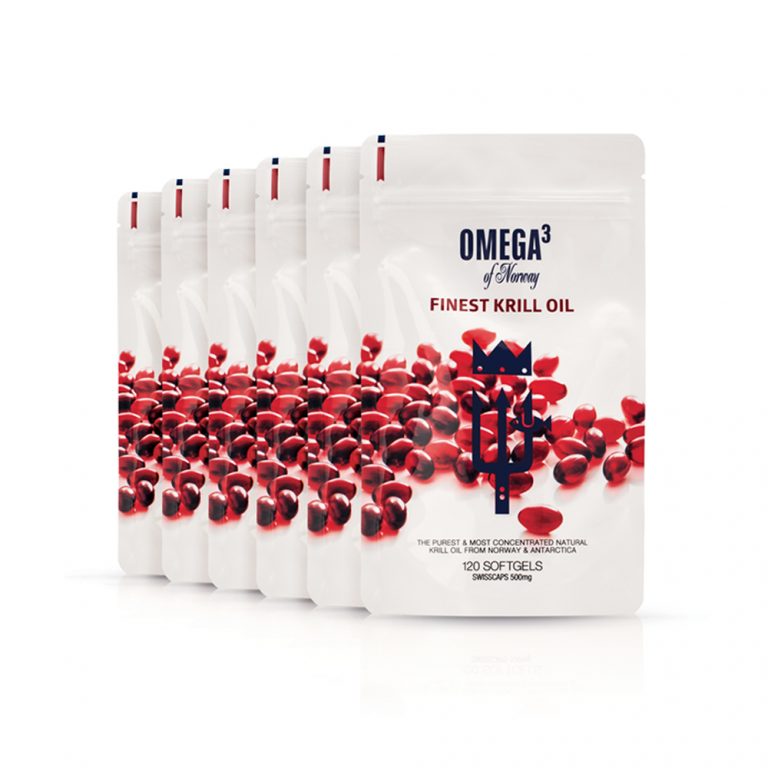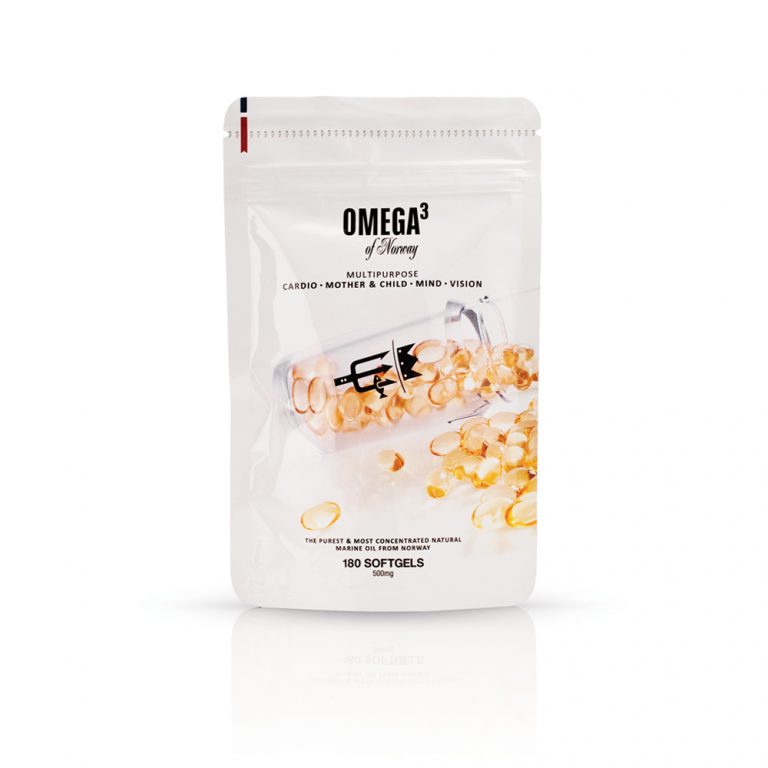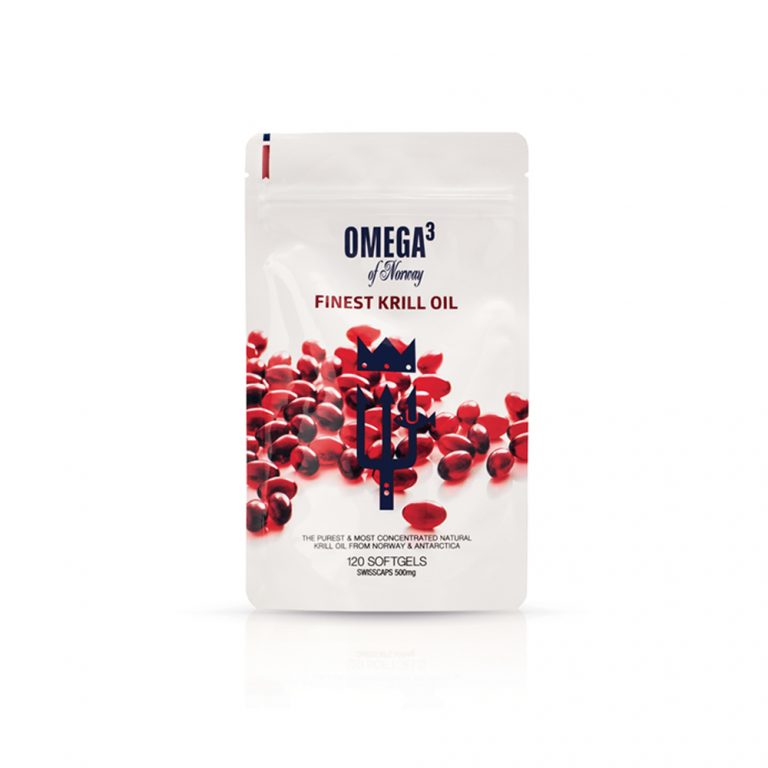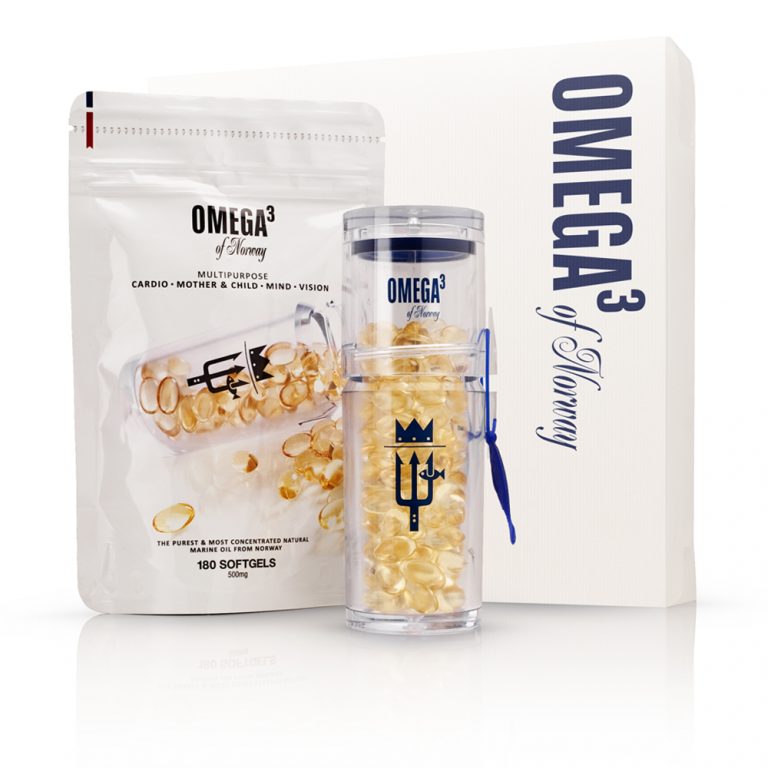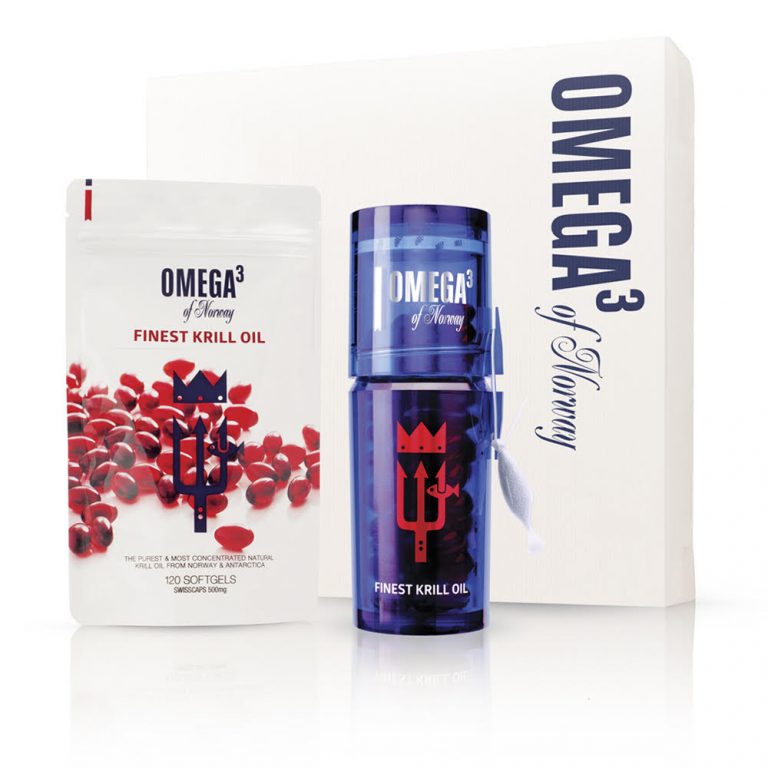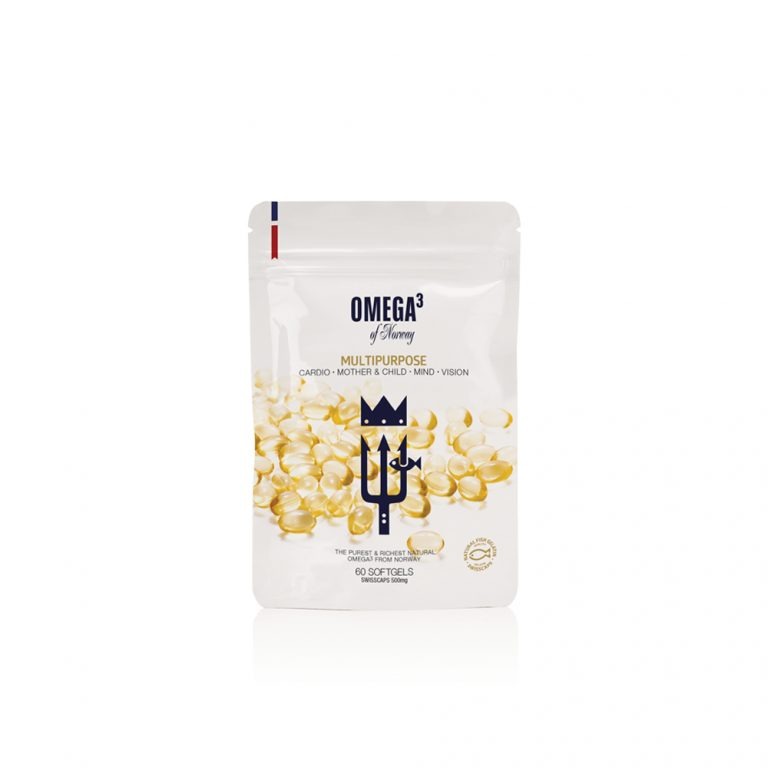Besides regular fish oil there is another high quality source of healthy omega-3 fatty acids on the market: enter red krill oil. Made from the small crustaceans living in the oceans of our planet, red krill oil supplements share the health benefits of fish oil but studies show that in some areas its effects are more pronounced. In this article we will look at the impact of taking krill oil capsules on our immune system and how it helps us fight inflammation in our body.
What Is An Inflammation And How Does Krill Oil Help Us?
Inflammation and pain are immediate defensive reactions by tissue against harmful or invasive stimuli like injuries or infections. They can be caused by chemical or physical factors and in turn also have a variety of effects, such as fever or pain. Biochemical mechanisms can initiate and mature the inflammatory response and some chemical reaction to this can cause the build-up of fluid in our tissue which can cause edemas and all sorts of pain, both chronic and acute. Inflammations, specially low-grade ones, can go undetected for a long time but can cause damage to our body and even contribute to the development of other diseases such as arthritis.
The essential omega-3 fatty acids EPA and DHA that make fish oil supplements so healthy are also present in krill oil. Therefore krill oil has the same anti-inflammatory properties and supports our body in fighting inflammations, as small as they might be, to keep us healthy. Furthermore, krill oil contains the antioxidant astaxanthin which gives it its red colour and further enhances the anti-inflammatory effects of the supplement.
Studies show that krill oil and the omega-3 fatty acids it contains diminish the production of some pro-inflammatory mediators and this impact of essential fatty acids on inflammation may be an important piece of the puzzle of how dietary fats could affect our health. Other studies show a positive impact of taking krill oil supplements on inflammation markers in people with slightly elevated blood fat levels, and a decrease in inflammation in patients with chronic inflammation conditions.
Krill Oil And Its Effects On The Immune System
The anti-inflammatory and blood thinning properties of omega-3 fatty acids as well as its potential to help regulate heart rhythm make it an ideal food supplement for athletes. Strenuous exercise can take a toll on our body and especially our immune system tends to be impacted by it. While exercise itself is healthy, studies show that the immune system changes after intense exercises and that physical activity can impact its recovery.
A new study shows that krill oil however may strengthen our immune system after intense exercise by increasing the protein IL-2. This protein is a signaling molecule which influences the regulation and activation of immune cells in our body. An increase in the activation of this protein increases overall immune system strength and may minimize cell damage from exercise as well.
Additionally, krill oil has been shown to increase the activity of the immune cells called Natural Killer cells immediately after exercise, which help protect the body against viral infections. They are the first line of defense of our immune system and quickly react to threats such as bacteria or viruses and keep them under control until the slower antigen-specific immune system responds.
These studies are in line with the results with fish oil based research, however here the EPA and DHA was only about a quarter of the dose given in earlier fish oil tests, which shows the great potential of krill oil in sport nutrition.
Differences Between Krill Oil And Fish Oil
There are other ways in which krill oil supports our body. Like fish oil, krill oil has a positive impact on blood lipid levels. In direct comparison to purified omega-3 however, krill oil raised “good” high-density (HDL) cholesterol and lowered the “bad” low-density (LDL) cholesterol. Krill oil therefore has a positive impact on our blood lipid levels and can contribute to our overall heart health.
But what are the differences between fish oil and krill oil? There is a whole article on the blog (insert link here) explaining the differences between these two supplements, but the main differences are the origin of the oil and the molecular structure that the fatty acids take in each one. While fish oil is made from the tissue of fatty fish living in cold waters such as mackerel or salmon, krill oil is made from krill which are small crustacean creatures that feed many bigger marine animals such as penguins and whales. Because krill is small and sits low in the food chain it has a very low level of pollutants while having high EPA and DHA contents. Another difference is the molecular structure that these essential fatty acids take in both types of oils. While in regular fish oil they mostly take the form of triglycerides, they form as phospholipids in krill oil. This difference in structure has an impact on how the different omega-3 supplements work in our bodies and also influences their bioefficiency.
Phospholipids are very common in our body and are an essential part of our cell membranes. The omega-3s that are bound to phospholipids in krill oil can therefore be absorbed faster and more efficiently into our body. They are also water soluble which further contributes to their rapid distribution in our metabolism. Some studies also show that phospholipids can cross the blood-brain barrier and therefore protect the brain and central nervous system from free radicals.
Krill Oil From Omega 3 Of Norway
Here at Omega 3 of Norway we are well aware of the health benefits that red krill oil brings with it. Therefore we aspire to deliver a high quality supplement to your door to support you on your journey towards a more healthy lifestyle. We are using the Antarctic krill Euphasia Superba in our products, which gets caught and processed on modern fishing vessels using a special patented eco-harvesting method to avoid unwanted by-catch. Because krill is considered a whole food it does not have to be distilled but only filtered to reach a consumable form. We highly value sustainability and only use krill from the Southern Ocean around Antarctica and implement strict quality control measures throughout the whole production process. This high degree of accountability and control earned us the certificate by the Marine Stewardship Council (MSC) for producing the only red krill oil that is 100% traceable.
On our blog you can find out more about all things omega-3 and check out our shop to find the perfect product for you!
Sources












